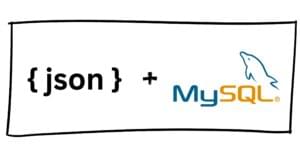
MySQL 5.7+ InnoDB databases and PostgreSQL 9.2+ support JSON document types in a single field. We explore the MySQL 8.0 JSON implementation in more detail.

MySQL 5.7+ InnoDB databases and PostgreSQL 9.2+ support JSON document types in a single field. We explore the MySQL 8.0 JSON implementation in more detail.
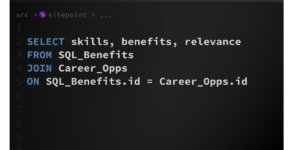
SQL knowledge is essential for anyone who works with data. In this article, we discuss what SQL is, its importance, and how to get started.

Looking for tips on how to install PHP on Windows? We walk through how to install PHP 8.2 and Apache 2.4 on Windows 10 or 11 (64-bit).

Learn how to take information stored in a MySQL database and display it on a web page for all to see.

Learn what a database is, and how to work with your own databases using Structured Query Language (SQL).
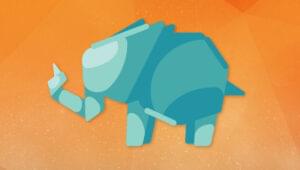
Learn how to set up a development environment by installing PHP 8 and MySQL using Docker, which is the best option for your dev environment.

Installing MySQL is easier than you think. Craig provides a step-by-step guide to get your database up and running in minutes.

This guide shows how to use the mysql module to connect to your database and perform basic CRUD operations.

Claudio Ribeiro shows how you can use explain and indexes to spot and remedy possible performance issues with your database before they strike.

Here's a compendium of practical MySQL optimization tricks - from bottlenecks to configuration and indexes. Leave your ORM behind and get your hands dirty!

Scott explains how we can have a secure, encrypted, and hack-proof database, but still use normal SELECT and search queries on it. Interesting stuff!

David Bush discusses the importance of understanding core functionality in Rails, showing how indexes work and how to implement a database by yourself.
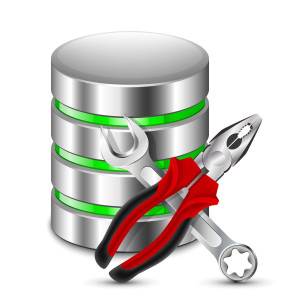
WordPress records a copy of every post revision so you can revert to earlier versions. That can be useful but is it affecting your database performance?

Developing WordPress themes and plugins on a local server can be problematic if it doesn't match your live system. Craig discusses synchronization options.

Craig's simple tutorial is for anyone who's ever struggled to install a WordPress MySQL database using cPanel. That's everyone, right?!
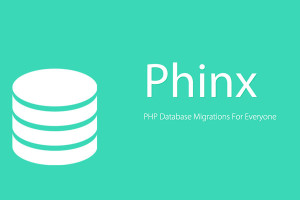
Bruno demonstrates the use of Phinx, a framework-agnostic database migration package helping you write database-independent and versionable database changes
Zack Wallace covers three SQL join approaches which can aid you in filtering your data. If you're an SQL newbie, this post will teach you valuable things!
MySQL 5.7 introduced some awkward changes for older codebases and tends to break apps. Here's how to temporarily (or permanently) lower the strictness level
Here's a look at Yahoo's MySQL performance analyzer - we go through its options, from graphs to alerts. It's getting ever easier to speed up your DBs!
Parham re-introduces PDO ahead of the PHP 7 launch, preparing you for a transition from the soon-to-be removed insecure and deprecated mysql extension!
Wern Ancheta covers three common approaches to caching in PHP: Zend Opcache, Query Caching and Expires Headers.
HyperDB is a powerful WordPress plugin that allows you to connect to multiple databases, enabling features such as failover, replication and load balancing.
The second article in a series on Docker for WordPress Developers, Aleksander Koko shows us how to manually build Docker containers for WordPress.
Wern Ancheta introduces Medoo, a small database abstraction library that aims to make your database related codebase lighter.
This article explores the WordPress database and how things work in the background. It will also help you gain an understanding of the database structure.
There's no shortage of new things to learn in the web development world. Shaumik Daityari presents some of the best skills you can learn in a weekend
Here are seven mistakes PHP developers often do - from wrong database drivers to too much transparency, read this list to find out what you shouldn't do
Francesco Malatesta introduces you to FluentPDO - a small and simple PDO library built to solve your data manipulation needs. See what it can do.
Amit Gupta simplifies and explains the Repository Design Pattern on a Laravel backed example
Google BigQuery now hosts GDELT - the world's largest dataset on human history - and it's free to use.